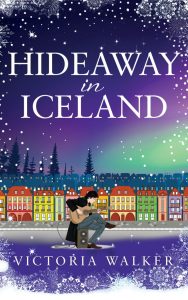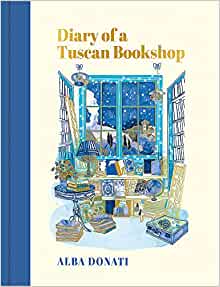
As for the translation of the book, I’m not an expert but I think the name that sounds like “Semyon” or “Semion” would look much better written exactly this way, rather than simply transliterated as “Semen”.
Genre: historical novel. ⭐️Stars from Goodreads: 3.7. ⭐️Stars from me: 3.5
About the book
Thanks to the publishers for the copy in exchange for my honest review.
Although there’s a protagonist, you never connect to him closely. He’s a mere tool to show you what a state can do to a person. And as it’s an unfinished story you never even get to know what happened to him eventually.
Good things about the book
The novel was first published in Polish in 1936 and received great acclaim. As a result Jozef Wittlin, the author, was nominated for the Nobel Prize in 1939. The book was first translated into English in 1940. It was supposed to be the first book in a trilogy but the drafts of the other two volumes were lost when a soldier in a French town threw the case with them into the sea in 1940. Only the first section of the second book survived and is included in this edition.
And more:
The Salt of the Earth is a pacifist novel about a person who loses the little he had, to be a pawn in something he has no understanding of.
Salt of the Earth is an example of beautiful writing. Jozef Wittlin was a poet, and you can feel it in his book. Here are some quotes.
About the news that the war has started:
Around midday, Niewiadomski’s name flew out from under sergeant’s black moustache.
The Salt of the Earth is an exceptional book but unfortunately I failed to like it as much as I expected to.
What I didn’t like
Unfortunately, I failed to like the novel, despite the beautiful writing and the greater message. There are only about fifteen instances of direct speech in the whole book, out of which about ten are actual dialogues, which are short and kept to a minimum. Even when communication between characters does happen it’s being recited as a narrative. Overall, the book feels as if somebody had written you a huge letter retelling different events and thoughts. This style of writing takes all possible dynamism out of the book. The book was written 80 years ago and so the rules of the story telling were probably different then, but I do read classics and I have never encountered anything so still, like water in a pond.
The news spread by word of mouth. The mouth bit it, chewed it, ground it and crunched it until suddenly a million mouths spat one word out onto the pavement like a bitter almond.
It’s undoubtedly a very deep book, but the peculiarity of the writing style makes it very hard to read and the incompleteness of the story brings no satisfaction. Thus, I can only give it 3.5 stars. I’m sure somebody with a different attitude to reading will like it more.
Final thoughts
Stars flashed on the clear firmament, one after another, glorious, mature, brilliant. It was nights like these that gave birth to astronomy.
At the recruiting station:



